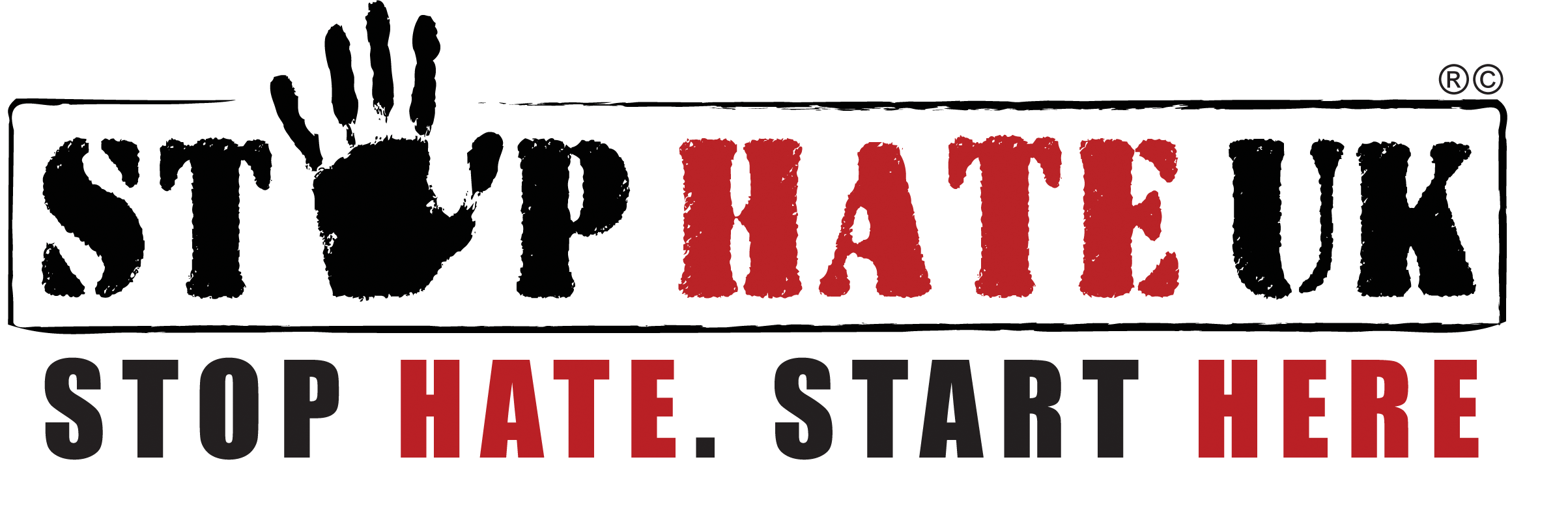Training for Public Bodies

Public bodies have a duty to ensure that customers, residents, visitors and employees are treated fairly, and without prejudice and discrimination. This includes meeting the requirements of the Equality Act 2010, responding to hate crime and being mindful of equality, diversity and inclusion practices within the workplace.
Contact info@stophateuk.org to discuss your training needs.
Developing effective local responses to challenging Hate Crime
Description
Hate Crime continues to be widely misunderstood despite it being one of the most prevalent forms of crime in the UK and having a devastating impact on those targeted. Effective leadership and actions by national and local leaders is key to reducing the impact of hate and the corrosive division it can create in communities.
Working with elected members this session will explore how they can support their local communities and local authority to be more effective in challenging Hate Crime, by encouraging reporting and responding to the impact of hate in your local area.
In preparation for the session, we will scope current responses/procedures to Hate Crime in your locality.
We will cover the following with you:
- What we know about Hate Crime and its effects.
- Understanding how and when residents and communities decide to report Hate Crime.
- Your role and responsibility as an elected member.
- How to encourage reporting and supporting those affected.
- The role of Stop Hate UK.
At the end of the session, you will have knowledge of:
- Current drivers and impact of Hate Crime in communities.
- How to respond and support local communities to address Hate Crime.
- Familiarity of reporting mechanisms.
- Responses to make communities feel safe and welcome.
Course audience
Elected members and senior council officials.
Duration
2 hours
Method of delivery
This session can be delivered both online and face-face by our team of expert trainers. We use a variety of methods including small-group discussions and question and answers session, presentation of data, research and resources to support your work, and both scenario-based ad reflective learning.
Please contact info@stophateuk.org for further enquiries.
Responding to concerns and complaints from residents and communities
Description
Hate Crime and Hate Incidents can have a devastating impact on the lives of residents, eroding both self-confidence but also wider community cohesion.
Working with elected members this session will explore how to respond to and support residents and local communities who are raising concerns and complaints about Hate Crime and putting them at the centre of any actions.
We will cover the following with you:
- Overview of Hate Crime legislation, local policy and current Hate Crime strands.
- How to support victims from a client-centred approach.
- The role of statutory agencies, including the police, and community and voluntary sector in handling Hate Crime reports and experiences.
- How elected members, residents and communities can be effective up standers against hate.
- The role of Stop Hate UK.
At the end of the session, you will have knowledge of:
- Current law, policy, good practice response to Hate Crime
- How to support and advise residents and communities.
- Local reporting and supporting mechanisms.
- Understand how Hate Crime incidents can impact community cohesion.
Course audience
Elected members and senior council officials.
Duration
2 hours
Method of delivery
This session can be delivered both online and face-face by our team of expert trainers. We use a variety of methods including small-group discussions and question and answers session, presentation of data, research and resources to support your work, and both scenario-based ad reflective learning.
Please contact info@stophateuk.org for further enquiries.
Understanding systemic and structural discrimination
Description
Recent national and global events, including the murder of George Floyd, the Windrush scandal, and the legacy and challenge of slavery, have led to many debates in a variety of settings. The growth of social movements, for example, Black Lives Matter and #Metoo have in recent times raised the issue of how systemic and structural discrimination operates, reproduces itself and becomes normalised in the everyday. This interactive session will enable participants to consider these issues and work a way through to how they could uproot deeply ingrained discrimination from institutions.
We will cover the following with you:
- Understanding the concepts of systemic and structural discrimination.
- How is systemic and structural discrimination experienced and impact the lives of communities and different groups.
- Developing responses to challenge systemic and structural discrimination.
- Your role and responsibility as an individual and institution.
- The role of Stop Hate UK.
At the end of the session, you will have:
- A deeper understanding of systemic and structural discrimination.
- Awareness of the everyday and long-term effects of systemic and structural discrimination.
- How to respond and support marginalised individuals and groups within and outside the workplace.
Course audience
This is open to all who are interested in gaining a working knowledge of systemic and structural discrimination in the UK
Duration
2.5 hours
Method of Delivery
This session can be delivered both online and face-face by our team of expert trainers. We use a variety of methods including small-group discussions and question and answers sessions, presentation of data, research and resources to support your work, and both scenario-based ad reflective learning.
Please contact info@stophateuk.org for further enquiries.
Islamophobia Awareness Training
Description
Every day up and down the country, we witness the incredible bravery and strength it takes to report all forms of hate. For many years, Muslim communities across the UK have told us of the hate and discrimination they have experienced and ways this has often intersected with different parts of their identity. Mainstream media reporting about Muslim communities continues to contribute to an atmosphere of rising hostility towards Muslims in the UK and on a global level, has represented Muslims as underdeveloped, illiterate, homeless and orchestrators of failed states. We see this manifest on our streets, in our schools, and across workplaces through the reports we receive, where Muslims are being held back by widespread Islamophobia, racism and discrimination. Educating against islamophobia is integral to the work we do at Stop Hate UK.
Objectives:
- What are hate crimes/hate incidents?
- The impact of hate crime
- Islamophobia in the UK (With contextual examples)
- Islamophobia and the press
- The impact of secularism
- Online hate and how it contributes to Islamophobia
Learners will:
- Gain an understanding of Islamophobia and its impact on society and individuals experiencing it
- Develop individual skills and strategies for recognising and confronting stereotyping, prejudice, discrimination, and social exclusion
- Explore appropriate and safe responses, including reporting and upstander techniques
Course audience
General
Duration
1 hour
Method of Delivery
This can be delivered both online or face-face. In addition to formal presentation, delivery methods can include small group discussion, Q & A sessions, scenario-based learning, etc.
This course is developed and presented by our team members who have lived experience of faith related discrimination.
Please contact info@stophateuk.org for further enquiries.

